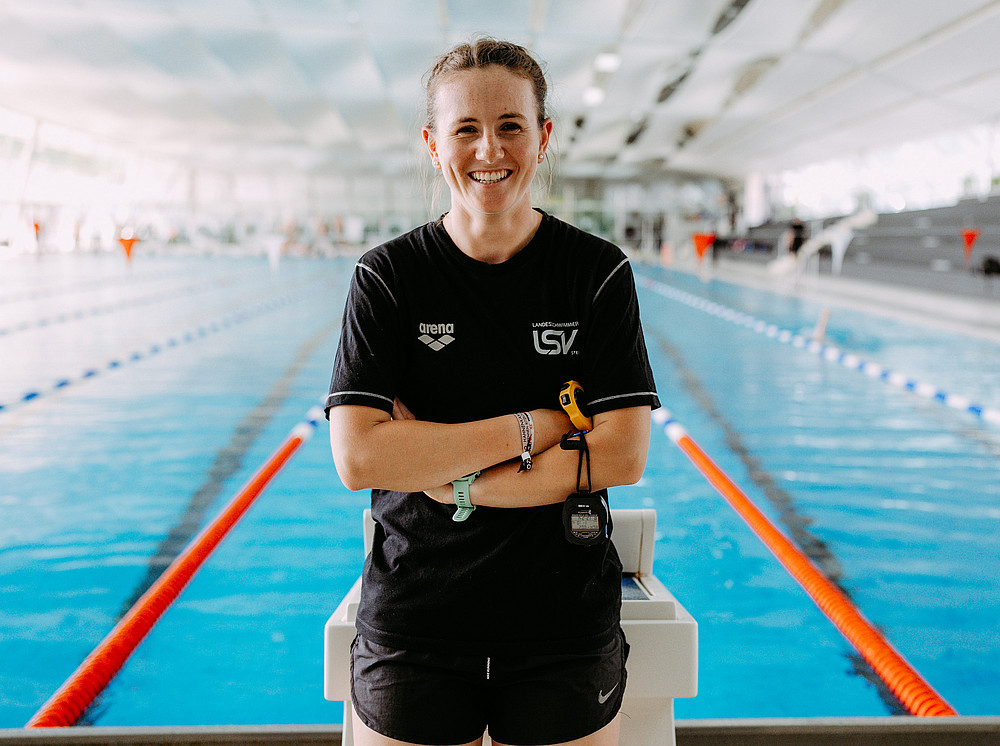
Anja Schrettner - Master's Degree in Sport and Exercise Science
On my choice of study: Sport has always been a part of my life and I have always been passionate about it, which is why I chose to study sports science early on. The University of Graz enables me to get to the bottom of my questions in a personal and exciting environment.
On the program: The program gives me a deep insight into the world of sport and all its facets. With the support of the lecturers and professors, you are given the tools for life after university.
Sophie Franz - Master's Degree Program Environmental System Sciences - Sustainability and Innovation Management
On choice of program: The program gives me the feeling that I am making a meaningful contribution to a sustainable world. The broad range of subjects is just right for a holistic approach to the challenge of climate change.
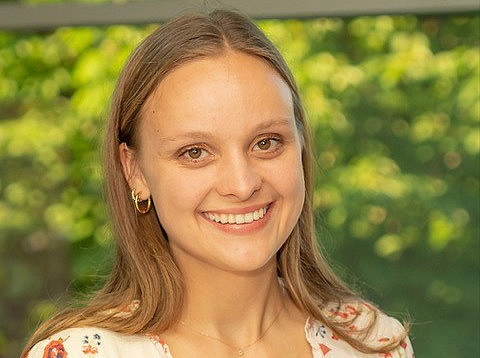
On the degree program: Interdisciplinary exchange is very important in our study program and so you learn early on to look at a topic from different perspectives. Thanks to the many elective options, everyone can pursue their individual interests.

Tobias Monthaler - Bachelor Program Environmental Systems Science - NAWI Technology
Choice of studies: Ever since I first heard about the man-made greenhouse effect at elementary school, I have been fascinated by everything to do with the climate crisis and its consequences. That's why I quickly knew that "Environmental Systems Sciences / Climate Change and Transformation Science" was the right choice in helping me contribute to overcoming this global challenge.
Studies: During your studies, you are offered a wide range of opportunities to engage with the subject matter. The lecturers and professors are very keen to make their teaching challenging but without overloading students. The focus is on the aspect of interdisciplinary cooperation, and this is addressed in various projects.
Diana Gressenbauer - Master's Degree Program in Elementary Education
On my program choice: The relevance of elementary educational institutions for society as a whole and the great importance of early educational processes underline the need for professionally trained specialists. This is why I chose to study for a Master's Degree in Elementary Education. The course enables me to deepen my previous learning and professional experience in the field of elementary education and provides evidence-based knowledge to support and promote early childhood development processes.
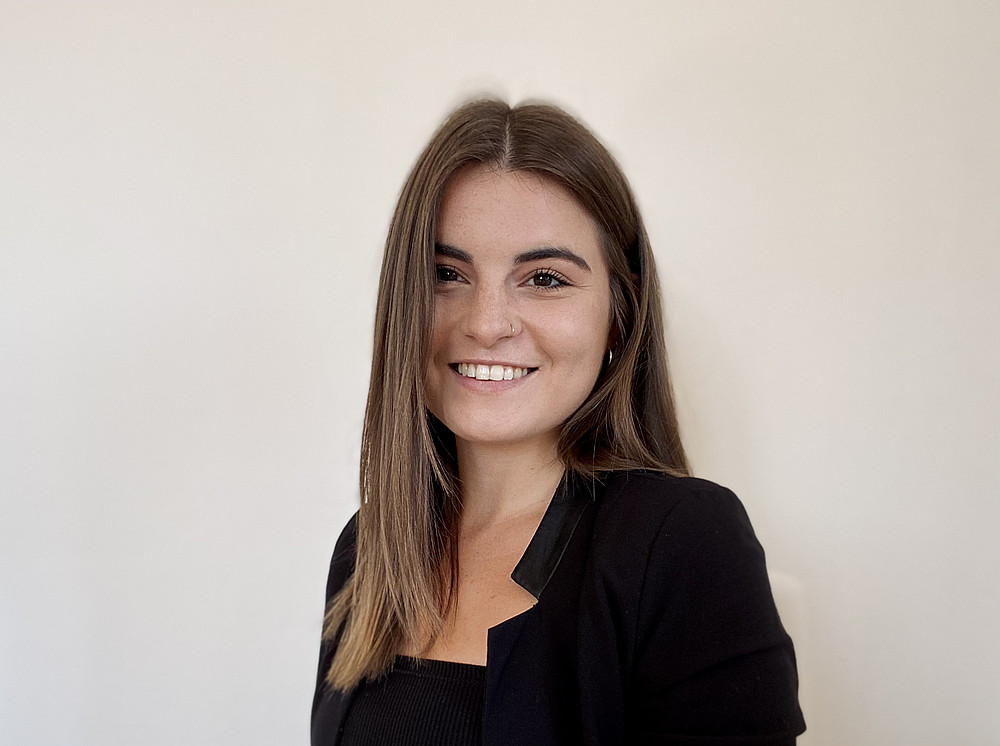
About the program: In providing individually selectable focus areas the program allows one to gain in in-depth insights into selected areas of education and into the organization of elementary educational institutions. Thanks to the wide range of courses on offer, the master's degree program prepares students for academic activities and professional work in early education practice.
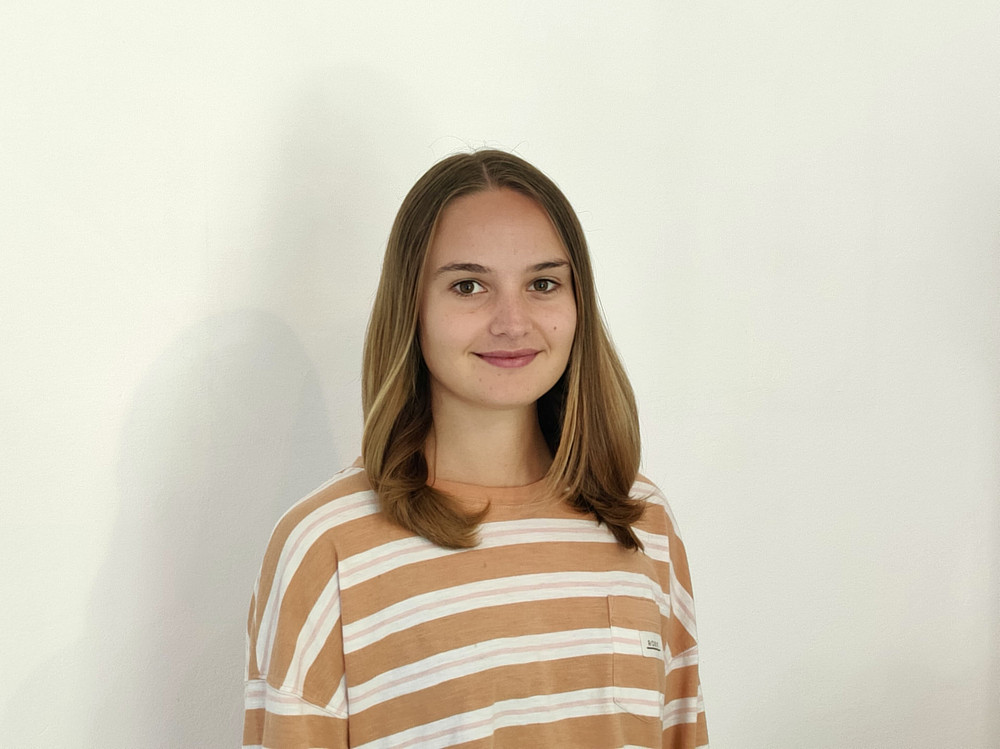
Celine Hausner - Master's Degree Program in Social Pedagogy
After completing my bachelor's degree in educational science, I decided to study for a master's degree in social pedagogy because it offered me the opportunity to expand my interest in people and their problems on a scientific basis. I also started training in psychotherapy during my studies. There, too, I repeatedly encounter pedagogical content and can improve my knowledge of diverse fields of action in social pedagogy, such as social psychiatry.
Andrea Holzer - Master's Degree in Teaching
I am studying English and biology and environmental studies for a master's degree because I have a passion for communicating complex issues to students in an understandable way. My aim is to introduce young people to the fascination of nature and to the cultural aspects that accompany the English language. Overall, I see my choice of study as an opportunity to inspire, teach and encourage young people to take a closer look at and understand the world around them and to get involved in their future and the environment. It fills me with joy to share my passion for English and biology and to guide the next generation on their educational journey.
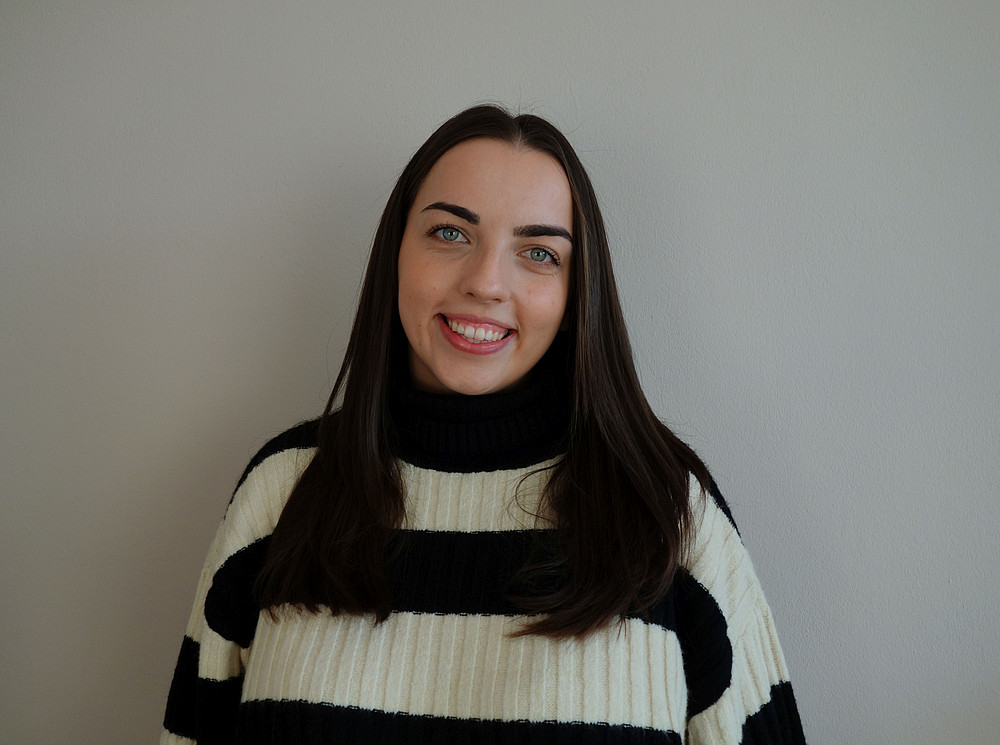
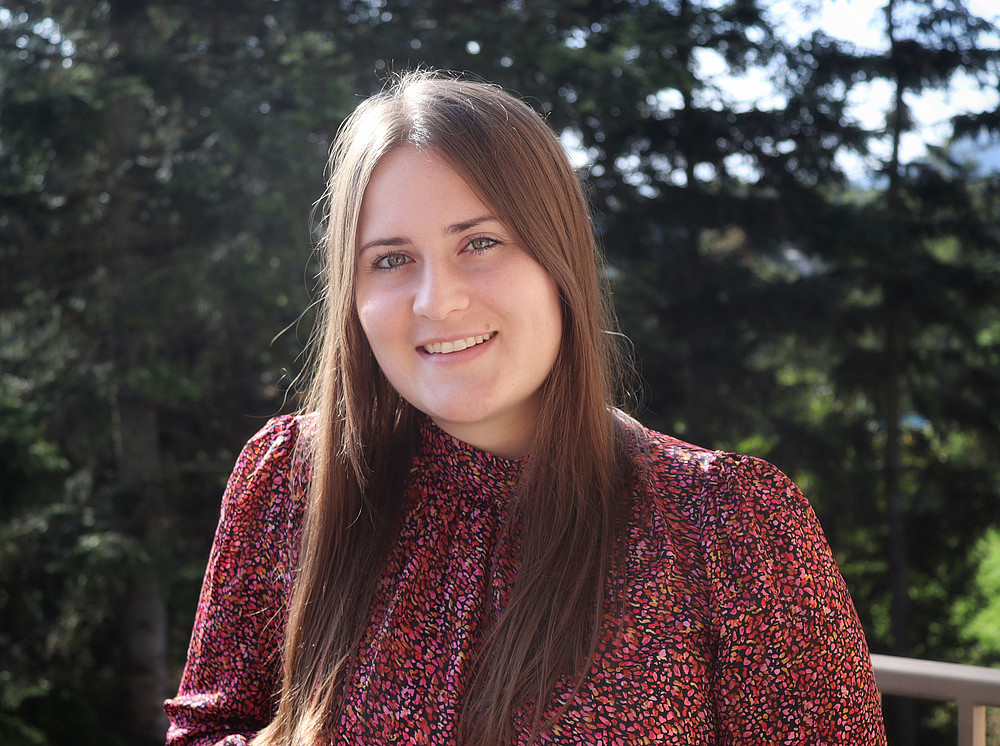
Lisa Maria Schuh - Master's Degree in Elementary Education and Adult and Continuing Education
Choosing a course of study: The best education right from the start! Elementary education lays the foundation for every child's future. We need such a holistic view of what elementary education does. The specialized and scientifically-oriented training provided is a clear benefit for those pursuing a profession in elementary education. As Austria still has some catching up to do in this field, I see this course as providing an opportunity for more academically trained specialists to make a decisive contribution to emphasizing the importance of early childhood learning and education processes.
The choice of study program was therefore a very conscious decision, as I would like to use scientific findings to critically question and reflect on my work as an elementary teacher. I also want to contribute to the field and to show what is needed in elementary education. Learning and educational processes accompany us in both elementary and adult education. As I completed further professional training during my bachelor's degree, I quickly realized that I wanted to get to know institutional and professional approaches better. In doing so, it is important for me to also focus on educational policy. As competition on the labor market never sleeps there is a need for more tailor-made offers and greater access for all adults. I would also like to take a critical look at the modern development of our society. I am convinced that more flexible approaches will be needed in the future so that adult learning can also do justice to lifelong learning.
The study programs: The course content in the Master's Degree in Elementary Education provides you with the opportunity to develop your own scientific judgment and to view early childhood education work in its entirety. Access to research, organization and management, equal opportunities, etc. are only a part of the big picture and the move towards professionalization. In the Master's Degree Program in Adult and Continuing Education, relevant fields of action and work are examined and critical approaches to the examination of educational policy, theories and concepts are sought. Last but not least, current social developments are also dealt with. The additional integration of science-based content provides students with the basic knowledge they need to gain a foothold in research.